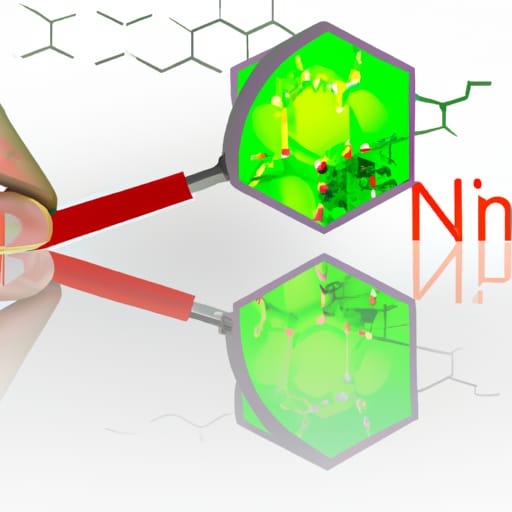Researchers from several institutions revealed that a novel cancer treatment, consisting of antibody fragments combined with molecularly designed nanoparticles, completely eradicated stomach cancer in treated mice.
The “hit and run” medication delivery method resulted from a five-year partnership between Cornell, MSKCC, and biopharmaceutical company AstraZeneca, and their findings were published in the March issue of Advanced Therapeutics.
“I’ve seen beautiful results before, but I’ve never seen something that eradicates a tumor like this,” said Dr. Michelle Bradbury, director of intraoperative imaging at MSKCC and professor of radiology at Weill Cornell Medicine and co-lead author of the study.
In addition to J. Anand Subramony, who was the vice president of protein engineering research and development at AstraZeneca at the time of the study, Ulrich Wiesner, who is the Spencer T. Olin Professor in the Department of Materials Science and Engineering at Cornell Engineering, is a co-lead author.
Because of their limitations, targeted cancer treatments like antibody and nanoparticle therapies have seen limited clinical use. However, the new therapeutic, an evolution of what the researchers call Cornell prime dots or C’ dots, combines the best attributes of both into an ultrasmall, powerfully effective system.
C’ dots are 6-nanometer-sized silica nanoparticles, making them small enough to enter tumors while avoiding other organs. More than 15 years after Wiesner’s initial development of these nanoparticles, he and Bradbury released a study in 2018 showing that a hybrid of antibody fragments and nanoparticles is particularly successful at locating cancers.
This project in tandem with AstraZeneca prompted the development of a novel molecularly designed therapeutic immuno-conjugate.
To efficiently bind to the C’ dots and target the HER2 proteins associated with stomach cancer, AstraZeneca “site engineered” fragments of antibodies. The scientists used AstraZeneca’s specialist inhibitor medicines to optimize fragment conjugation to the C’ dot surface. Therefore, the nanoparticles were able to transport almost five times as much medication as typical antibodies.
The researchers say they have created the first drug-immune conjugate therapy in the sub-7-nanometer size class; it consists of a variant of C’ dots loaded with antibody fragments that target cancer and a substantial payload of drugs.
Wiesner explained, “We describe the mode of action as ‘hit and run,'” as the C’ dots “either target the tumor microenvironment and kill the tumor cells, or get safely cleared out of the body via renal clearance, thereby minimizing off-target accumulation and associated side effects and toxicity.”
Three doses of the treatment were given to mice with stomach cancer. No mice showed any signs of sickness or tumor recurrence following the treatment period, which lasted for over 200 days.
For “that kind of long-term results,” Bradbury added, “usually you’d have to couple the treatment with other therapies.” As one member of the team put it, “It showed that the very detailed, careful work of this team – the years spent on the stoichiometry and the surface chemical developments – it paid off.”
Bradbury emphasized the adaptability of the C’ dots platform, saying that she does not see it replacing antibody treatments but rather serving as a supplementary tool that can be tailored to different forms of cancer and individual patients’ requirements.
The use of “C’ dots in cancer treatment has recently become uncommonly effective and safe. They eliminated the tumor down to the cellular level, according to Wiesner. This confirms our confidence in therapeutic C’ dot applications, which was the ultimate goal of our research.
Elucida Oncology, a startup business Wiesner and Bradbury formed to bring the technology to market, will reportedly carry on the research behind the new C’ dot treatment. Although antibody fragments are not being used in Elucida’s current C’ dot clinical study, they indicated that this work will aid in the development of new conjugates that could be used in future trials.
When harmful substances are eliminated from the body, wellness improves. Therefore, it is crucial to cleanse your body once a month, if not twice a month. Exposure to toxins can cause a variety of health issues, some of which are more severe than others. Detoxifying your system with the products listed below can help you prevent those issues frequently.
Antibody fragment-nanoparticle therapeutic eradicates cancer
- Total Body Detox, 2 oz, Dr. King's by King Bio

- Price: $14.99












